Our Conservation Mission
Building careers that protect wildlife and preserve ecosystems for future generations through hands-on education and real-world experience.
Why We Started This Journey
Back in 2018, we noticed something troubling. Brilliant biology students were graduating with degrees but couldn't find their way into meaningful conservation work. The gap between academic knowledge and practical field experience was enormous.
I remember meeting Sarah, a recent graduate who'd studied marine biology for four years but had never actually collected water samples or tracked animal populations. She knew the theory inside out but felt completely unprepared for real conservation work.
That's when we decided to create something different. Not another lecture hall, but a bridge between classroom learning and actual conservation careers. We partner with wildlife reserves, research stations, and conservation organizations to provide the hands-on experience that makes all the difference.
Our approach is simple: learn by doing. Every program includes field work, data collection, and direct mentorship from working conservation professionals.
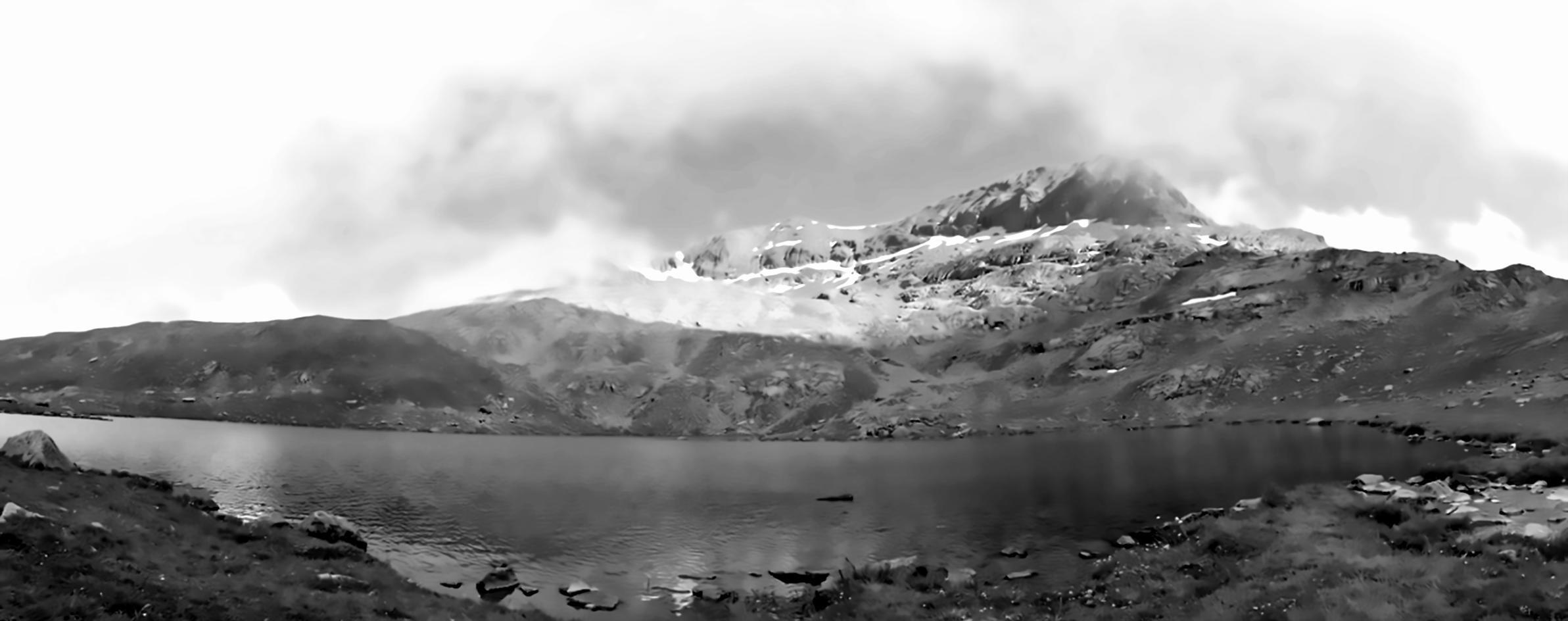
What Drives Our Work
These principles guide everything we do, from program design to student support.
Field-First Learning
Real conservation happens outdoors, in wetlands, forests, and protected areas. We make sure every student spends significant time in actual ecosystems, not just reading about them.
Science-Based Approach
Conservation decisions should be backed by solid data. Students learn proper research methods, statistical analysis, and how to communicate findings to policymakers and communities.
Community Connection
Effective conservation requires local support. Our programs emphasize working with communities, understanding cultural perspectives, and building sustainable partnerships.
Career Readiness
Graduates need more than knowledge – they need practical skills, professional networks, and confidence. We focus on building complete conservation professionals.
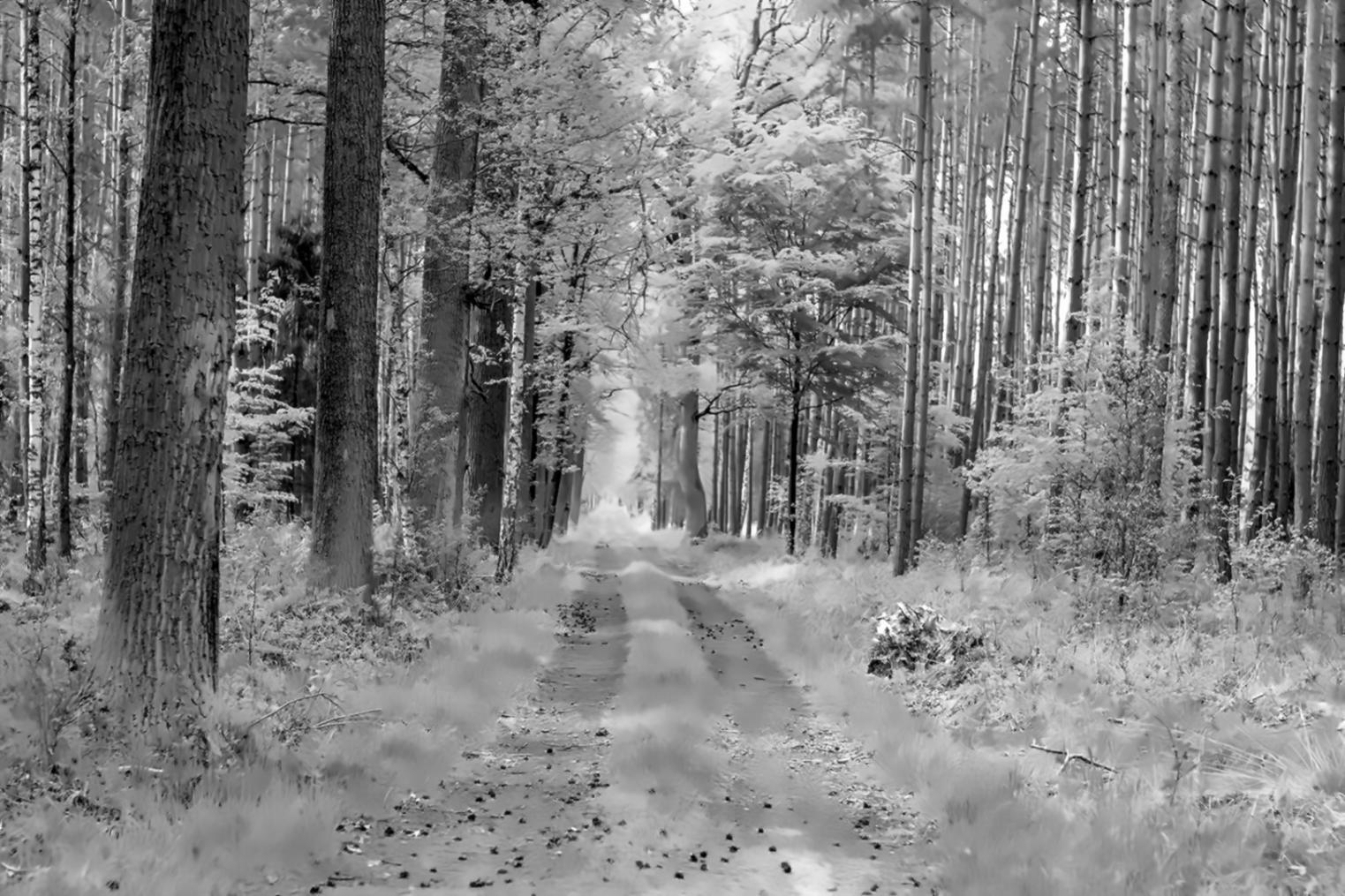
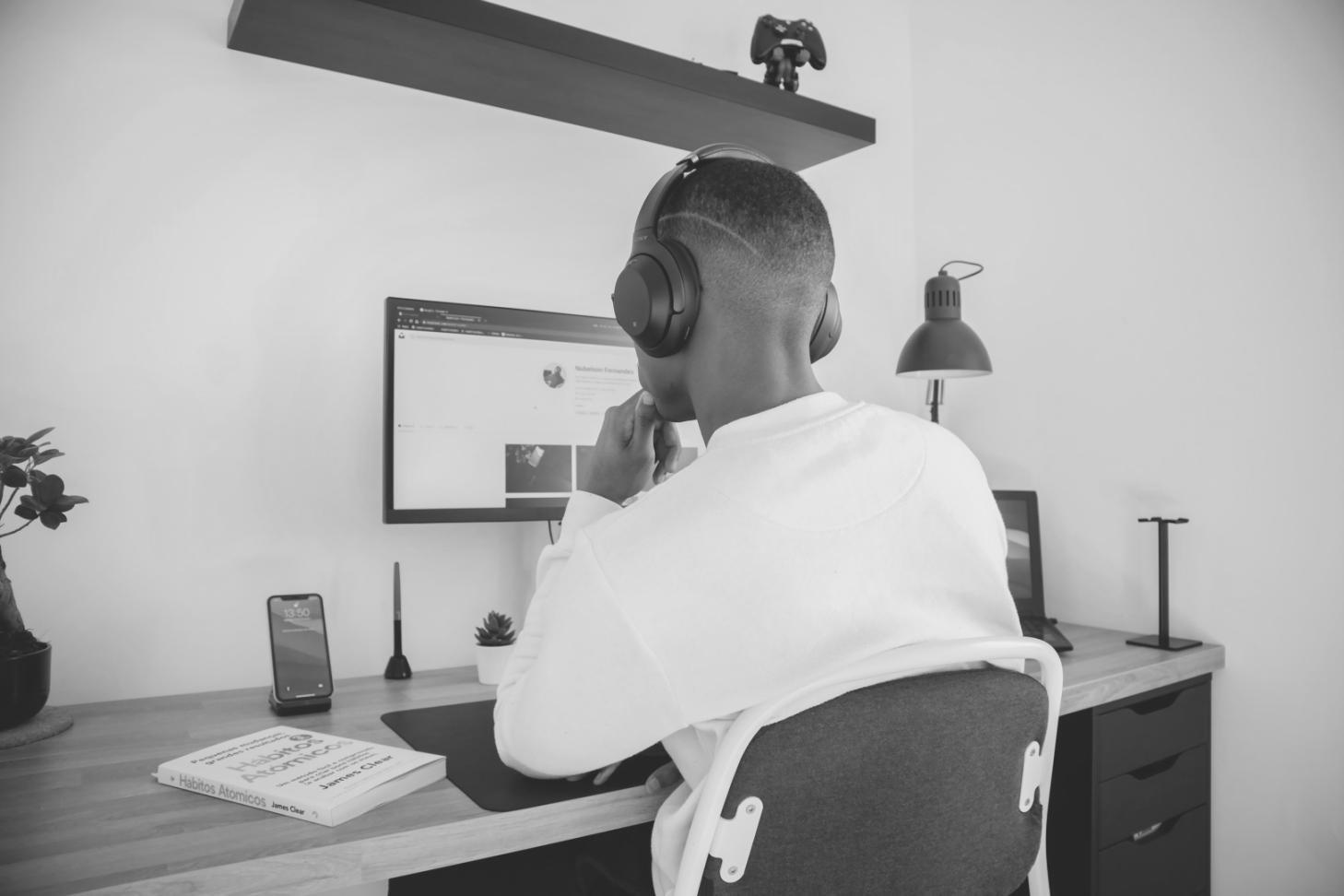
Meet Our Team
Experienced professionals who've worked in conservation around the world and understand what it really takes.
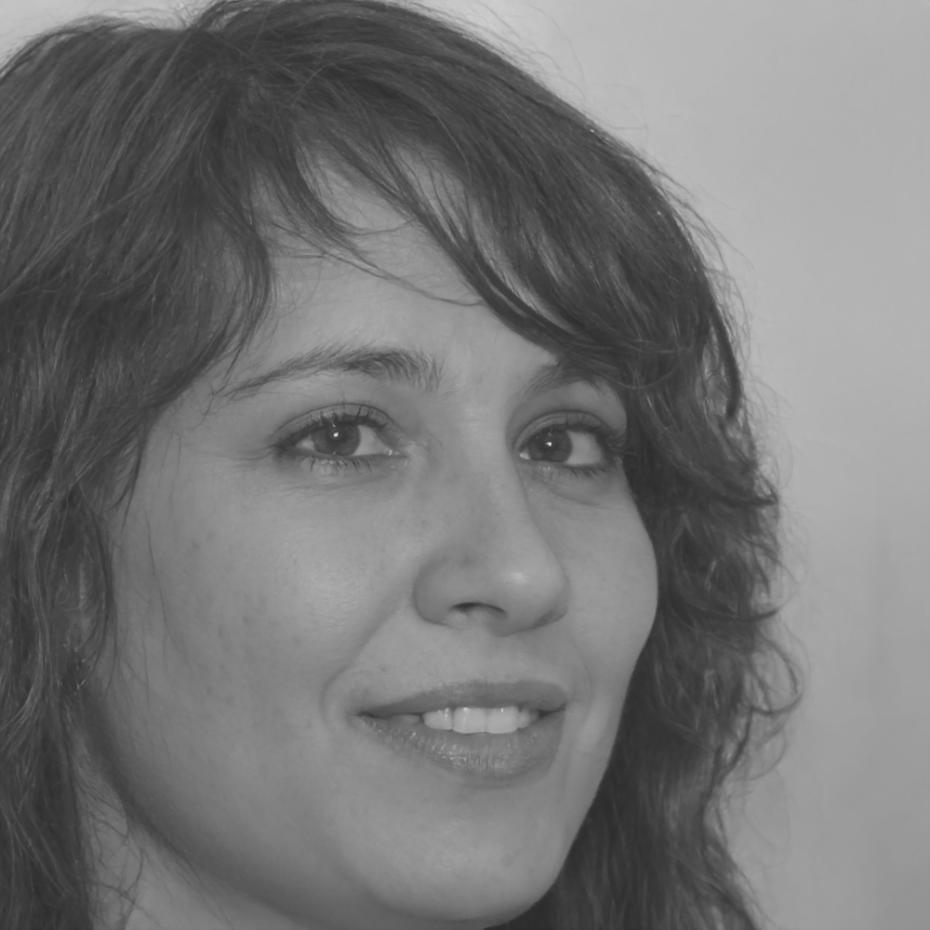
Freya Lindqvist
Fifteen years managing wildlife corridors in Northern California. Freya specializes in large mammal population studies and has published over 30 research papers. She brings real-world conservation challenges directly into our curriculum.
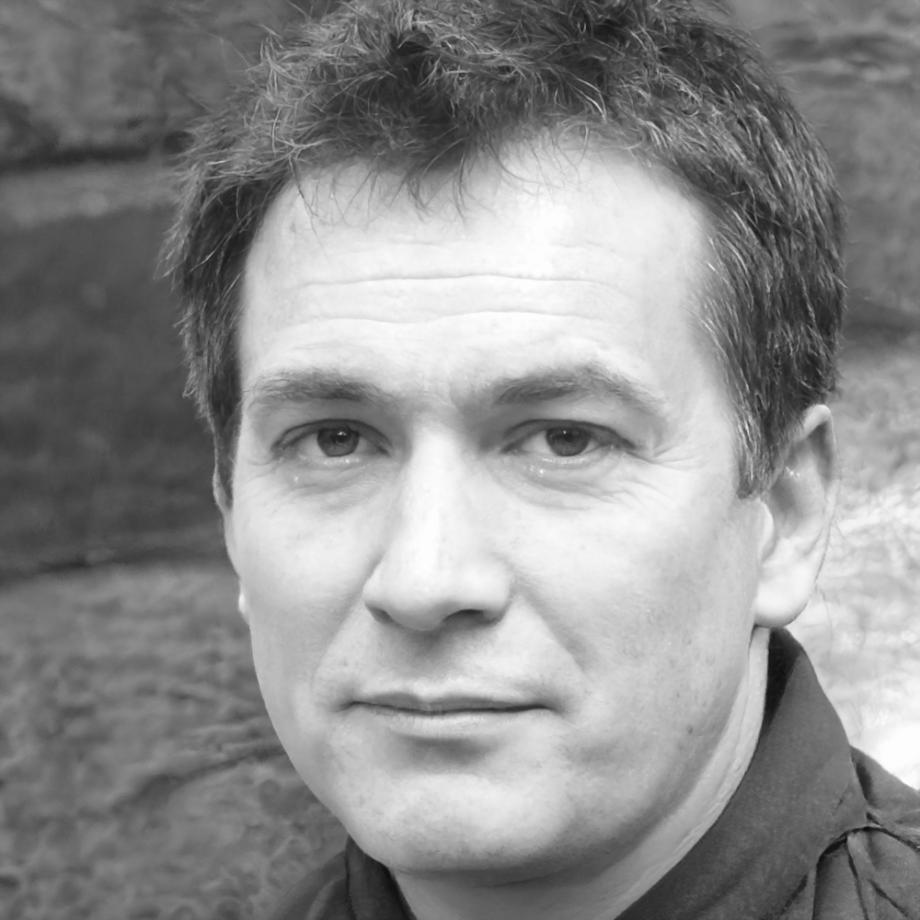
Dmitri Keravuori
Former National Park Service researcher with expertise in bird migration patterns and habitat restoration. Dmitri coordinates our field placements and maintains relationships with conservation organizations nationwide.

Ready to Start Your Conservation Career?
Our next comprehensive program begins in September 2025. Applications open in March, and we work with each student to find their ideal conservation pathway.
Get Program Information